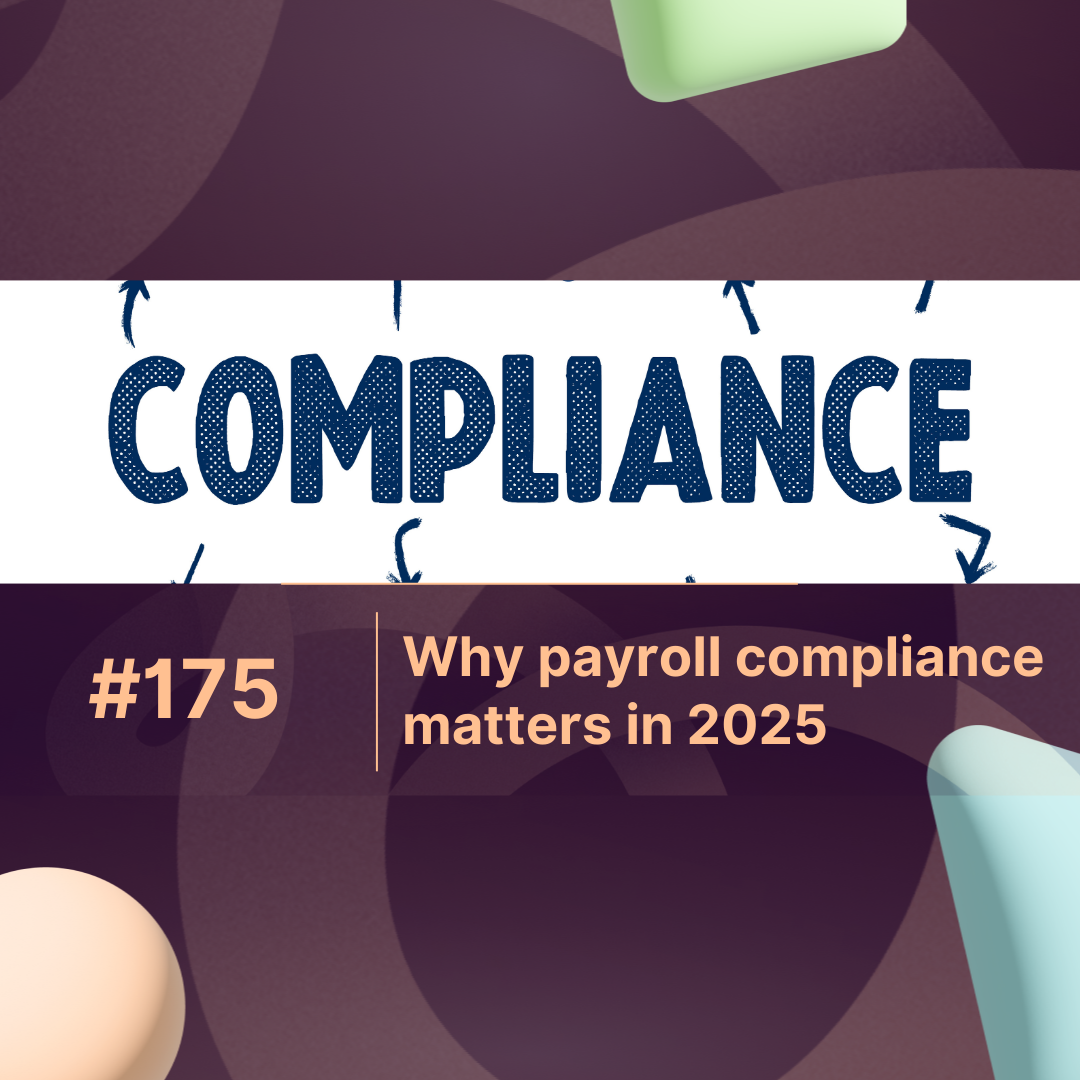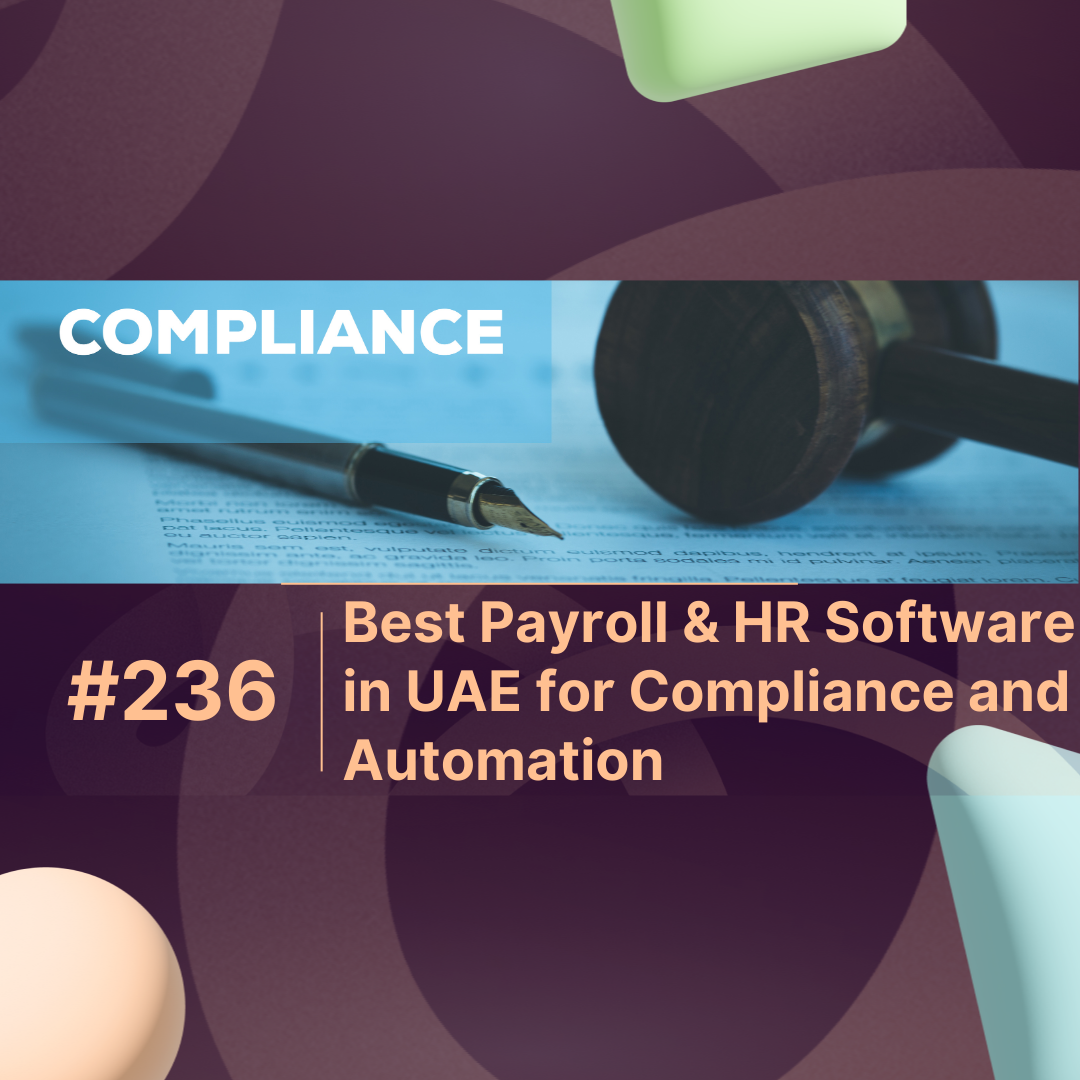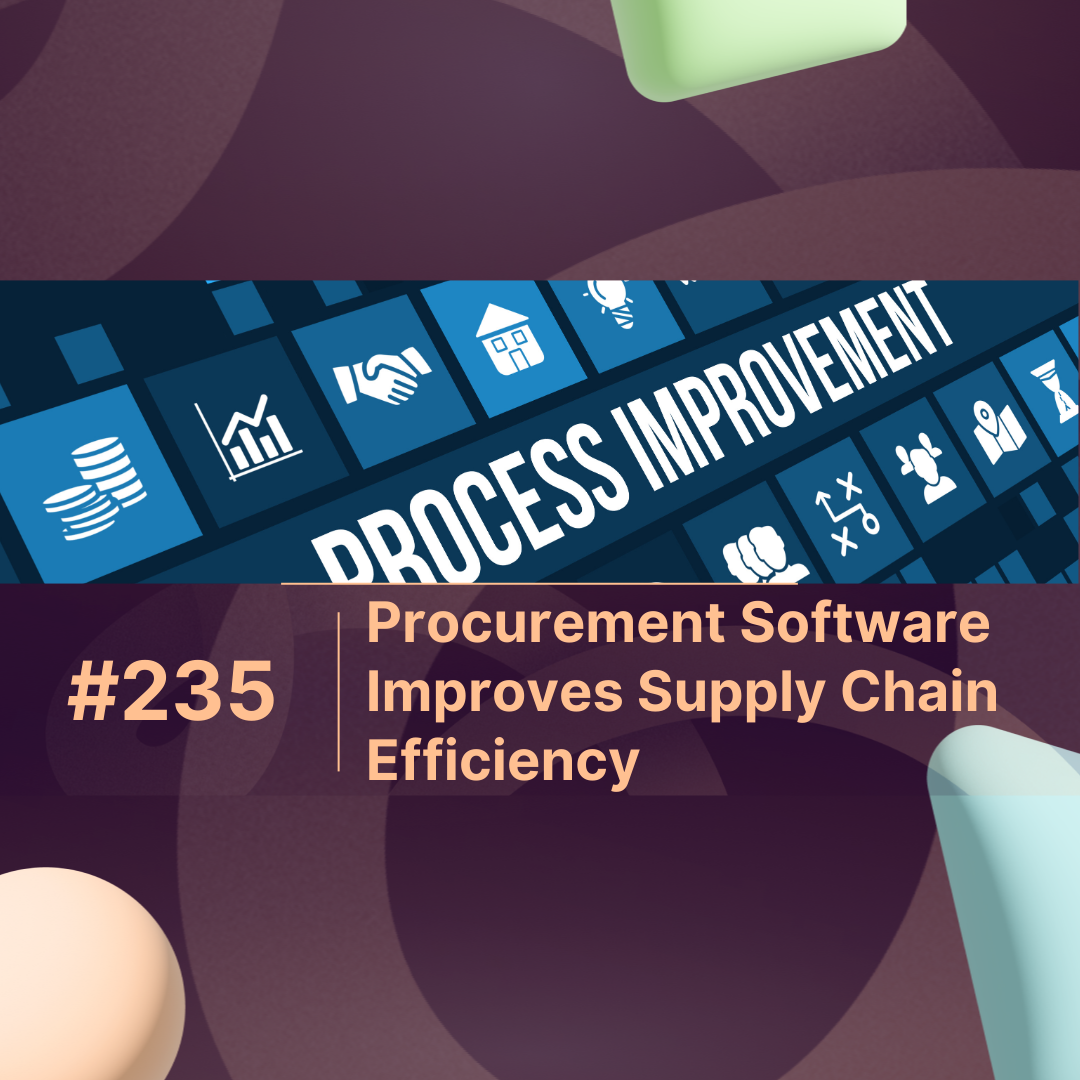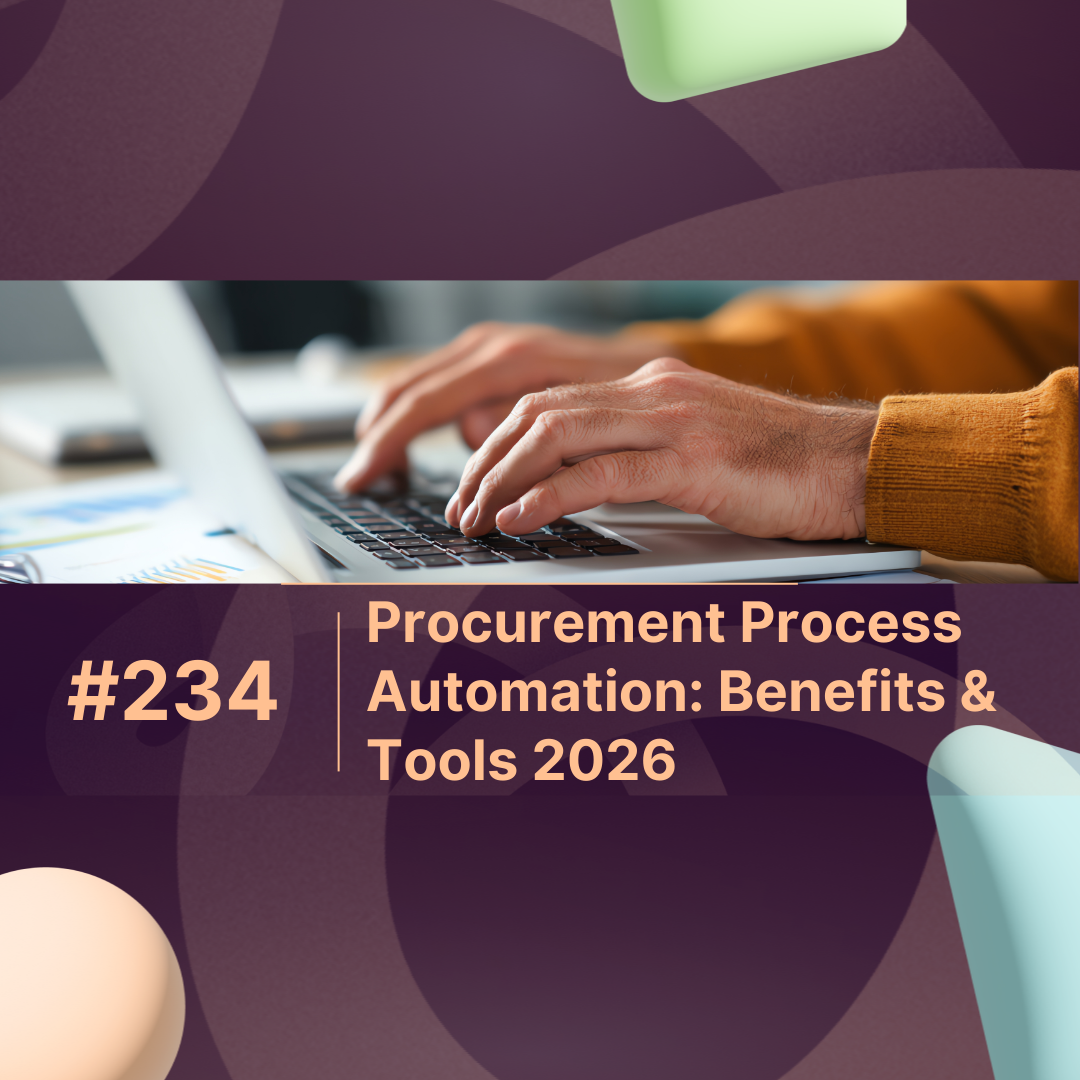Overview
Payroll compliance in 2026 is more critical than ever. With evolving tax laws, stricter data security rules, and rising employee expectations, businesses that ignore compliance risk penalties, lawsuits, and reputational damage. Staying compliant ensures accurate wage payments, avoids costly fines, and builds employee trust.
What Is Payroll Compliance?
Compliance is the process of ensuring that employee payments follow government regulations, tax obligations, and labor laws. This includes everything from accurate salary calculations to timely tax filings and benefits administration.
In 2025, compliance also extends to AI-driven payroll systems, GDPR-style data protections, and real-time reporting requirements. Companies like MaxHR are helping businesses automate these complex tasks so leaders can focus on growth instead of paperwork.
Why Payroll Compliance Is Crucial in 2026
-
Avoiding Penalties & Legal Risks
Non-compliance can lead to fines ranging from $1,000 to $25,000 per violation, depending on jurisdiction. In some countries, payroll errors can even trigger criminal liability for executives. -
Protecting Employee Trust
Employees expect timely and accurate pay. A single mistake can lower morale, increase turnover, and hurt employer branding. -
Adapting to AI-Powered Regulations
Governments are rolling out real-time tax reporting and stricter audits. Companies must adopt modern payroll tools that integrate with digital tax portals. -
Global Workforce Challenges
With remote work and cross-border hiring, companies must comply with multiple tax systems, minimum wage rules, and social security laws.
Payroll Compliance Risks: Key Data for 2026
| Risk Area | % of Companies Affected (2026) | Avg. Cost of Non-Compliance |
|---|---|---|
| Incorrect Tax Filing | 38% | $12,500 per year |
| Misclassification of Employees | 27% | $18,000 per violation |
| Late Salary Payments | 22% | $7,500 in penalties |
| Data Security Breaches | 19% | $25,000+ per breach |
| Missing Benefits Contributions | 15% | $5,000 – $10,000 annually |
(Source: Global Payroll Compliance Survey 2026)
How to Ensure Payroll Compliance
1. Automate Payroll Systems
Manual spreadsheets no longer cut it. AI-powered platforms ensure accurate wage calculations, deductions, and compliance updates.
2. Stay Updated on Local Laws
Payroll laws change quickly. Subscribing to government updates or using compliance dashboards helps businesses stay ahead.
3. Conduct Regular Audits
Quarterly payroll audits help detect misclassifications, unpaid taxes, and errors before regulators do.
4. Train HR & Finance Teams
Equip your HR/payroll staff with compliance training to reduce risks.
5. Partner with Payroll Experts
Companies like MaxHR provide payroll compliance as a service, combining automation with expert oversight.
Future of Payroll Compliance
By 2028, AI-driven compliance monitoring will be the standard. According to Gartner, businesses that adopt real-time compliance tools will reduce payroll errors by 40%. The companies that thrive will be those that view compliance not as a burden, but as a competitive advantage.
Conclusion
Payroll compliance in 2026 is more than ticking boxes it’s about safeguarding business reputation, employee trust, and financial stability. With stricter laws and global hiring trends, businesses must adopt modern payroll tools, automate processes, and work with compliance experts like MaxHR.
👉 Download our Free eBook: “The 2026 Payroll Compliance Blueprint” to learn how to protect your business and streamline payroll operations.
FAQs: Payroll Compliance in 2026
1. What is payroll compliance in simple terms?
It’s making sure employees are paid correctly, on time, and in line with tax and labor laws.
2. What happens if a company fails payroll compliance?
It can face fines, penalties, lawsuits, and reputational damage.
3. How can small businesses manage payroll compliance?
Using payroll software or outsourcing to experts like MaxHR helps small firms stay compliant without needing a full HR department.
4. Is payroll compliance different for remote workers?
Yes, businesses must follow tax and labor laws in the employee’s country or state, which adds complexity.
5. What tools help with payroll compliance in 2026?
AI-powered payroll systems, tax compliance dashboards, and integrated HR platforms are leading solutions.



